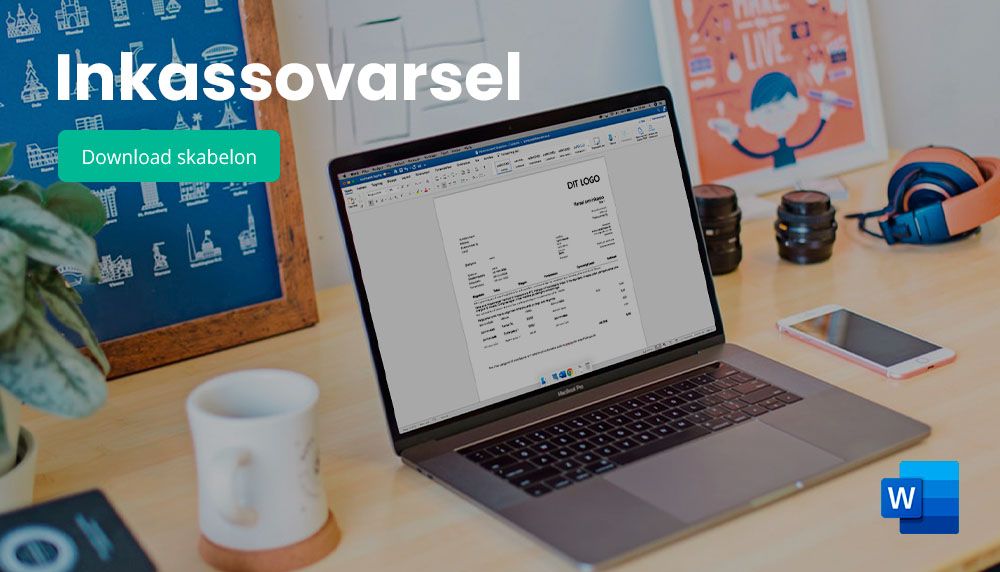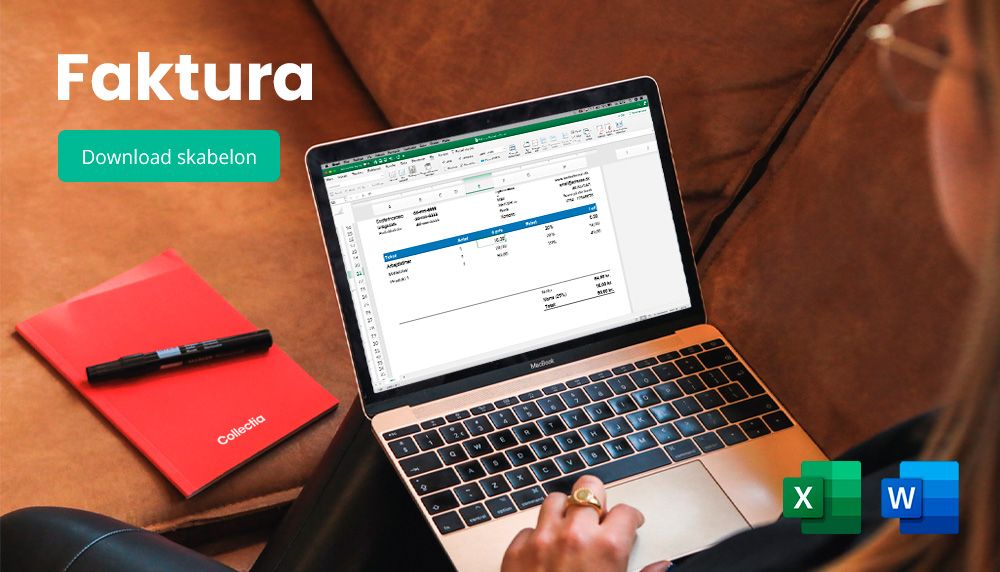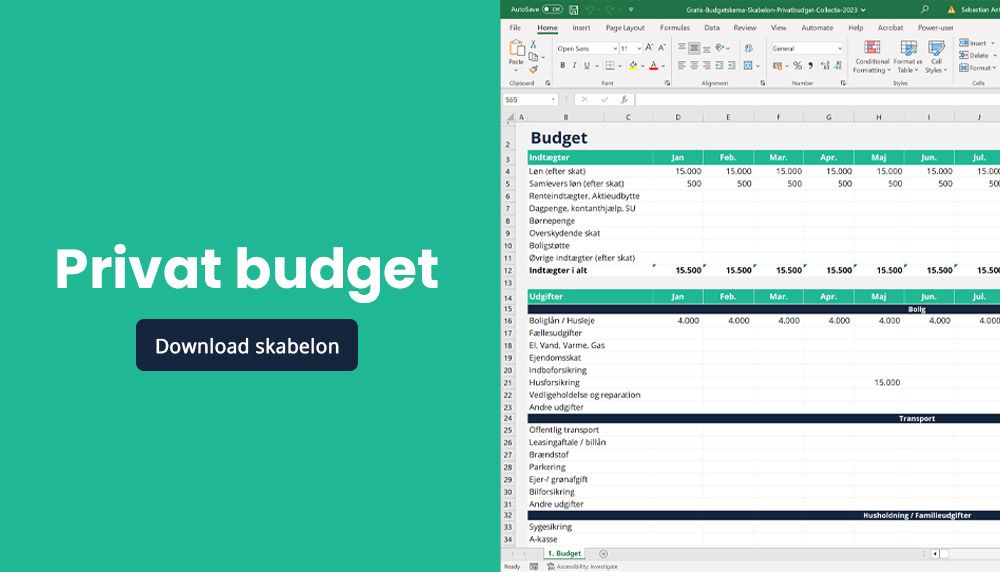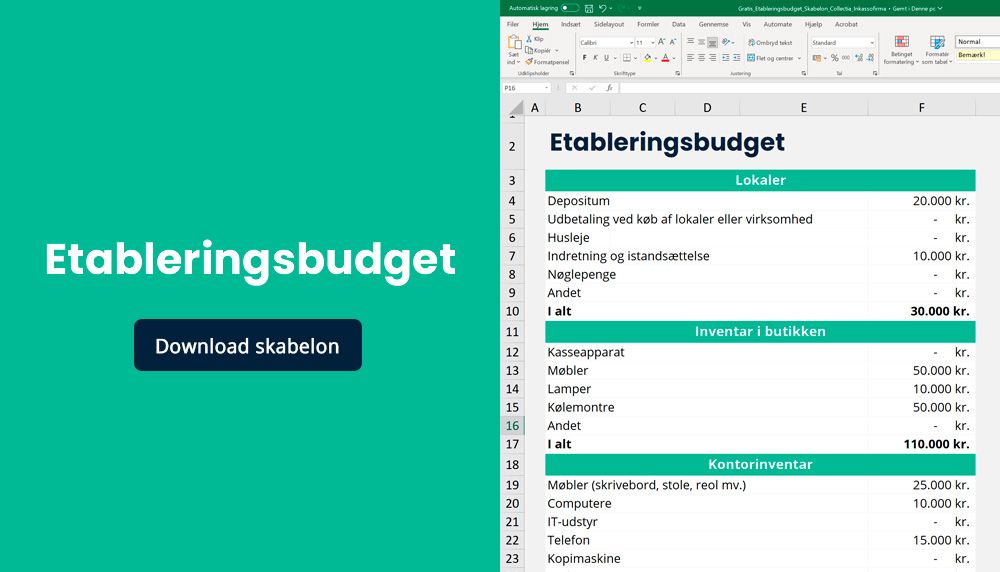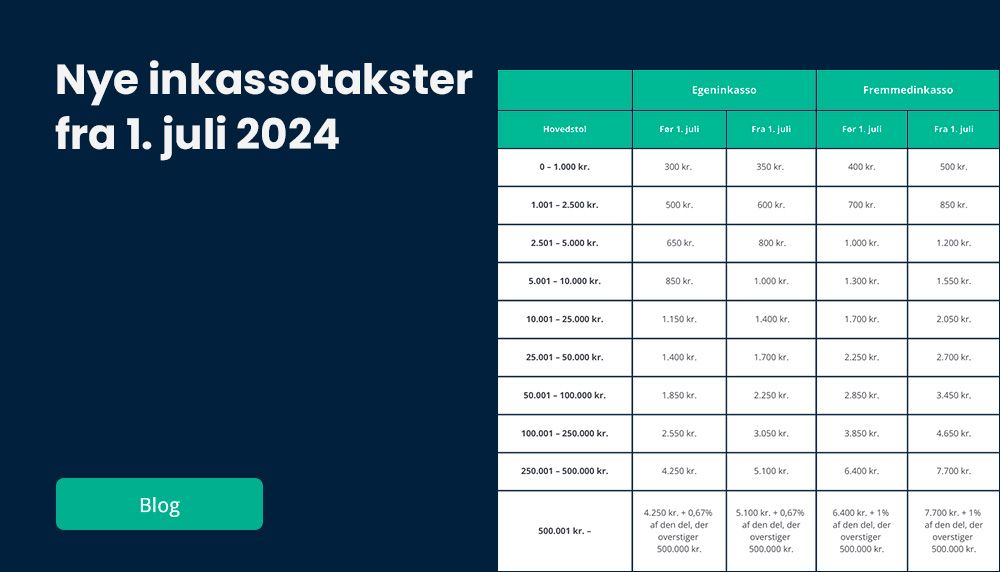
Ability to pay
When it comes to debt, debt/loan recovery and debt collection, ability to pay is often discussed.
Ability to pay is defined as the amount a debtor/debtor is able to pay after covering their fixed costs.
An ability to pay can be negative, which means that the debtor/debtor is unable to make payments.
What is ability to pay?
Ability to pay refers to the capacity of a debtor/debtor to pay or repay its debts, loans or similar obligations.
The ability to pay can be calculated using a simple formula. The greater the amount of money available after fixed expenses, the greater the debtor's capacity to pay off their debt.
If the debtor's expenses are equal to or greater than income, there is no disposable income after fixed expenses, and consequently no ability to pay debts, loans or other obligations to a creditor.
A simple ability-to-pay calculation can look like this:
- Debtor's fixed income
- Debtor's fixed expenses
= Debtor's disposable income
It's also common to include a margin for miscellaneous expenses beyond the fixed costs before determining the actual disposable income.
If you owe money to the National Debt Management Agency, the calculation will also take into account a number of demographic and social factors, such as dependency and marital status, etc.
Actively work on your ability to pay when in dialog with your creditor or collection agency
If you owe money to a bank, creditor or collection agency, it's beneficial to actively work on your ability to pay.
By actively highlighting your disposable income after fixed expenses, and thus your ability to pay, you can illustrate how much or how little you are able to pay off your debt.
Your creditor or collection agency will often be sympathetic to a poor or non-existent ability to pay, but it's important that they are informed.
For example, if you are not able to pay off the entire debt now, your ability to pay may allow you to pay off a smaller amount.
The difference between ability to pay and willingness to pay
In debt collection cases, we often talk about both ability to pay and willingness to pay. Broadly speaking, debtors can be divided into these two categories.
Ability to pay relates to whether the person has - or does not have - the ability to pay. Willingness to pay refers to whether the person wants - or does not want - to pay.

